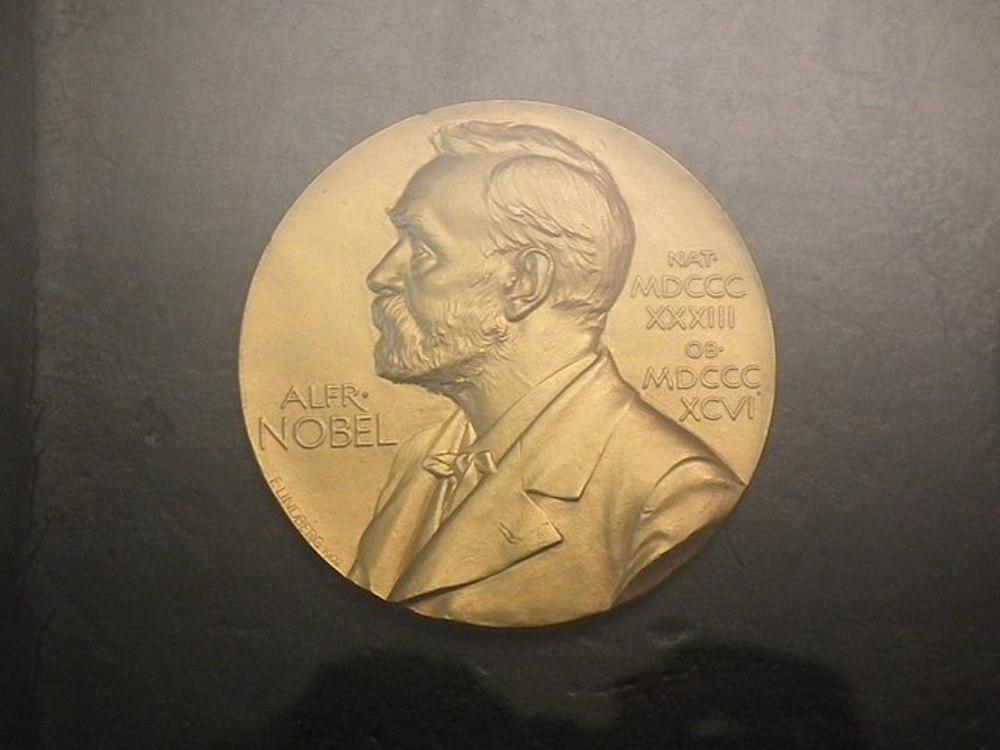
Having zero experience in economics didn't stop Daniel Kahneman from receiving a Nobel Prize in the field. Kahneman, an Israeli-American psychologist and academic, is best known for his work in integrating insights from psychological research into economic science. Previously, economists assumed that people are for the most part rational decision-makers who act in support of their self-interest. Kahneman’s groundbreaking research suggested otherwise. His first book, Thinking, Fast and Slow, became a best seller by setting out his revolutionary ideas about human error and bias. Currently, Kahneman is a senior scholar and faculty member emeritus at Princeton University, having already served in important positions at various other institutions, including the University of California and the University of British Columbia. He is also a fellow at Hebrew University and a Gallup Senior Scientist. In addition to his 2002 Nobel Prize, Kahneman received the highly-esteemed and prestigious Presidential Medal of Freedom from Barack Obama in 2013.
By the time Kahneman arrived on Berkeley’s campus for PhD work in 1958, he'd already accomplished a lot. After receiving his bachelor's in psychology from the Hebrew University in Jerusalem, he served in the psychology branch of the Israeli Defense Forces. At Berkeley, he was an eclectic student whose curiosity was endless. In addition to psychology courses on subjects like subliminal perception and personality tests, he also went to Berkeley's philosophy department to learn about Wittgenstein and the philosophy of science, among other esoteric topics. But all of the classes he took contributed to improving and informing his studies in psychology. In the spring of 1961, under the mentorship of Susan Ervin, he wrote his dissertation on a statistical and experimental analysis of the relations between adjectives in the semantic differential. That same year, Berkeley awarded him a PhD in psychology.
Kahneman, who taught at his alma mater from 1986-1993, has had more than a casual connection to Berkeley since leaving. Fond of making campus visits, in August 2002, just months before receiving his Nobel Prize, he was a feature guest at Berkeley’s Sage Summer Institute on Behavioral Economics. Five years later, he returned again for an interview with Harry Kreisler, host of Berkeley’s Conversations with History, where Kahneman described how he came to study the problem of “bounded rationality." Furthermore, Kahneman had some advice for students wanting to follow in his legendary footsteps. "You need some ideas that work and that keep you excited and that you can do something with. And so, not getting stuck on an idea that doesn't work, but looking for other ideas—that would be my general advice."
